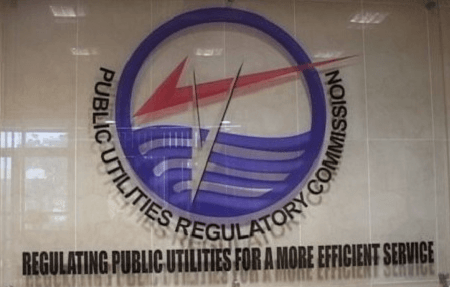
In Ghana, like many other parts of the world, businesses are struggling with a critical shortage of workers, especially in customer service and contact centers, which are notorious for high turnover rates. While raising salaries could help attract talent, this isn't always feasible for most businesses, and perks like bean bags or free snacks no longer have the appeal they once did.
So, how can technology help you navigate this challenging period? While tech isn't a magic fix, smart, strategic changes can make a huge difference in how you operate, retain staff, and boost customer satisfaction. Here are some actionable ways to leverage technology to support your business.
1. Automate the simple stuff
Automation is transforming how businesses operate, especially in customer service. AI-driven chatbots are no longer just a luxury—they’re becoming essential. These chatbots can handle routine questions, provide quick responses, and direct customers to the right human agent when needed. They can even detect customer frustration, ensuring urgent issues are escalated promptly.
For Ghanaian businesses, this means that during peak periods, such as festive seasons or promotional events, chatbots can manage the overflow of customer inquiries without overwhelming your staff. This technology ensures that no customer is left unattended, boosting overall customer satisfaction. Meanwhile, your employees can focus on complex cases that require human expertise, making their roles more fulfilling and reducing the monotony of repetitive tasks.
2. Train your wider teams to support specialists
During peak times like holidays or when economic pressures drive increased customer interactions, it's not uncommon for customer service teams to be swamped. To ease this burden, consider cross-training your wider team to handle basic customer queries. Upskilling staff from other departments can be a temporary solution, allowing them to manage initial calls or emails and support your core customer service teams when needed.
This approach not only helps manage high volumes of inquiries but also provides employees with new skills and a deeper understanding of customer service. However, it's crucial to use this strategy as a short-term measure to avoid overburdening employees whose primary responsibilities lie elsewhere.
3. Introduce interactive guides for teams
Interactive guides embedded within your customer service software can help streamline conversations, allowing your teams to reach resolutions faster. These guides act as dynamic scripts, helping staff navigate customer interactions smoothly. However, it’s important to allow flexibility, so employees can adjust their responses based on the nuances of each situation.
For Ghanaian businesses, this means staff can offer personalized service, enhancing the customer experience while still adhering to company protocols. Empowering your teams in this way makes their jobs more engaging and boosts morale, as they can utilize their unique skills rather than sticking strictly to a script.
4. Maximize the efficiency of your existing staff
Workforce management software can be a game-changer, helping you align your team schedules with expected customer demand. By forecasting peak periods and adjusting schedules in real-time, you can ensure that you have the right number of agents available when they’re needed most. This not only prevents burnout among your staff but also allows you to capitalize on all potential business during high-demand periods.
In Ghana, where businesses often face unpredictable demand spikes, such as during major sales or unexpected economic shifts, this proactive scheduling can make a significant difference in managing workload and maintaining service levels.
5. Integrate your systems for seamless operations
One of the biggest challenges in customer service is managing multiple platforms, which can slow down response times and frustrate employees. Integrating your key systems, such as your contact center platform and CRM, can streamline operations and minimize time spent switching between applications.
In Ghanaian businesses, this integration can also include workforce management tools, allowing seamless access to schedules and performance metrics. By creating a unified system, employees can focus on providing excellent service without being bogged down by administrative tasks.
6. Outsource to manage peak demand
During particularly busy periods, outsourcing certain tasks to a Business Process Outsourcing (BPO) partner can provide much-needed relief to your core teams. By delegating less frequent or simpler inquiries, your in-house staff can concentrate on more complex and high-value customer interactions. When selecting a BPO partner in Ghana, it’s essential to ensure they have robust staffing and can maintain the quality of service your customers expect. A strong partnership can enhance your capacity to handle fluctuations in demand without compromising service quality.
Conclusion: leveraging technology for growth and efficiency
The challenges facing Ghanaian businesses, especially in customer service, are not going away anytime soon. However, by strategically implementing technology solutions, you can mitigate the impact of workforce shortages, improve efficiency, and enhance the overall customer experience. From automation to integration and smart outsourcing, these approaches allow your business to operate at its best, even during the most challenging times.
If you'd like to explore how these strategies can help your organization thrive, reach out to discuss tailored solutions for your business growth journey
Read Full Story












Facebook
Twitter
Pinterest
Instagram
Google+
YouTube
LinkedIn
RSS